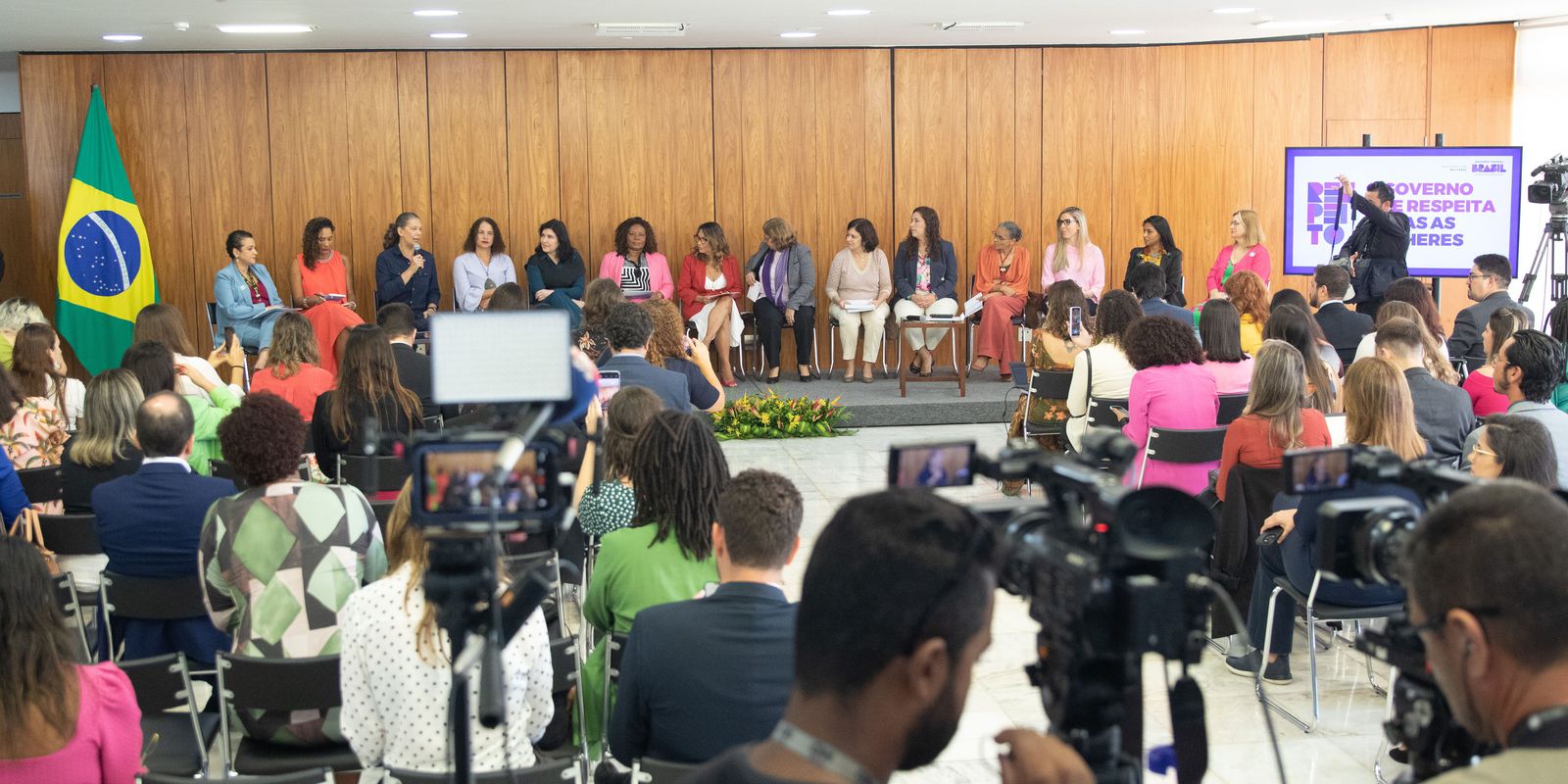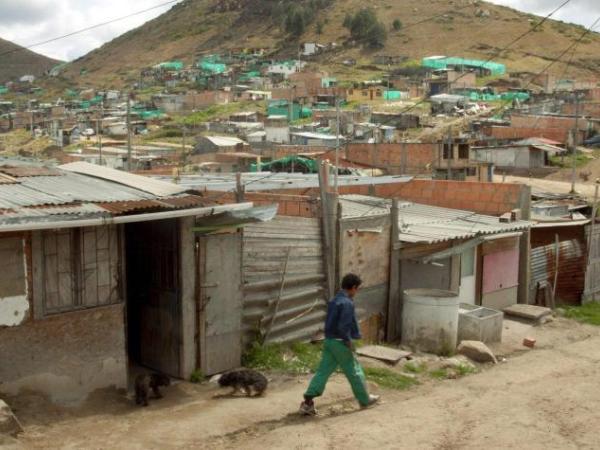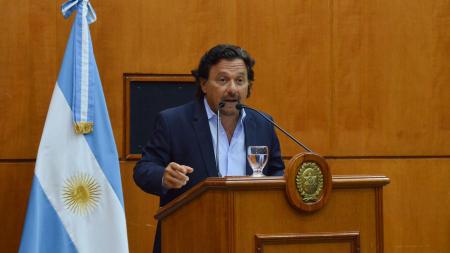The Minister of Planning and Budget, Simone Tebet, confirmed this Wednesday (1st) that the government will present a bill (PL) to guarantee equal pay for men and women in Brazil. Yesterday (28), President Luiz Inácio Lula da Silva said that the measure would be announced on March 8, in celebration of International Women’s Day.
The project is still under construction, but should change the Consolidation of Labor Laws (CLT) and, once approved, the law will take effect immediately. The minister explained that the labor reform, approved in 2018, inserted a device that establishes a fine for companies that pay different wages to men and women who perform the same function, but according to her, the fine is so small that it ends up stimulating inequality.
“We have to change this labor reform law to impose a higher fine, so that it is not worth treating men and women unequally,” he said after an event at the Planalto Palace for the opening of women’s month. “The law is the first step, but we know that discrimination is cultural, it is structural, and then, in the medium term, hand in hand with public policies, with dissemination through the media, we will manage to achieve that wage equality that is the basis for women to have equal rights”, he argued.
In 2021, the Planalto Palace, under the management of Jair Bolsonaro, returned to Congress a bill, which was ready for sanction, which increased this fine by an amount corresponding to five times the salary difference paid by the employer. The project, then, was stalled in the Chamber of Deputies.
According to Tebet, studies by the World Bank and international organizations point out that it is possible to eradicate poverty in the world just by equalizing wages between men and women in the labor markets. “You increase the GDP [Produto Interno Bruto, soma das riquezas de um país] with this wage equality because you redistribute income and income. When a woman receives a salary, we know, we put practically 100% of that salary into the family account, we make the economy revolve around what she needs most: food on the table, a pair of shoes [roupas] for children, school supplies, protection of our children and our families,” he said.
Empowerment
At the invitation of the first lady, Janja Lula Silva, and the Minister of Women, Cida Gonçalves, the event, at the Planalto Palace, brought together government ministers and the presidents of Banco do Brasil, Tarciana Medeiros, and Caixa Econômica Federal, Rita Serrano. On the occasion, the brand of the federal government campaign for March 8 was presented.
According to Cida, transversal actions by more than 30 ministries should be announced next week, public policies that reach the women’s agenda in several areas. “Because we are women who are below the poverty line, especially black women who are starving, we are single mothers, we are killed and our bodies are violated every day,” she said.
During her speech at the meeting, First Lady Janja highlighted that reducing femicide, as well as ending hunger, are President Lula’s “obsessions”.
For Cida Gonçanlves, President Lula’s government is strengthening democracy by expanding the spaces of power for women. In the composition of his ministry, the president appointed a record 11 women ministers, in addition to the presidents of Caixa and Banco do Brasil.
The president of Banco do Brasil, Tarciana Medeiros, is the first woman to take charge of the bank, in its entire history, and, according to her, this should not just be in symbolism.
“When a woman comes, she brings others. In the Board of Directors we have three more women, we are eight [diretores] in total, so we’re on the path to equity. This is the first step, we are composing the boards and we will bring in more women, ”she said. “All public policies for women are structuring, this place is already ours and will never cease to be. And this vision of the president [Lula] brings the materiality of diversity”, he added.
For the Minister of Science, Technology and Innovation, Luciana Santos, overcoming inequality involves raising the level of awareness of oppression, in this case for women, and the political will of the State. In the field of science and research, according to her, the announcements to be made on the 8th will aim to guarantee access, ascension, permanence and appreciation of the role of women in this area.
It is also necessary, for Luciana, to give visibility to the history of women in order to inspire female scientists. She cited Alves Marques who, in 1945, became the first woman to complete an engineering course in the state of Paraná and the first black female engineer in Brazil; and, more recently, the Brazilian scientist Jaqueline Goes de Jesus, a black woman, was one of those responsible for the genetic sequencing of the new coronavirus in the first cases of covid-19 in Latin America.
Repair
Also in celebration of the month of International Women’s Day, the Articulation of Brazilian Black Women’s Organizations and the Northeast Black Women’s Network launched today the 5th edition of March of Struggles, a movement that, this year, brings the theme of reparation as a central theme of reflections.
“Black women are the largest demographic group in the country and having them occupy the worst rankings Social is the portrait of a Brazil that still insists on not wanting to discuss the effects of racism as an engine of the nation, state and society”, says the statement from the entities.
For the organizers of the movement, it is necessary to “shed light on the long period of slavery” in Brazil, which “helps to understand the reality of inequalities and oppression against the black population in general, and against black women in particular – since, as well as the racism, sexism and gender violence are also the result of colonialism”.
“In this sense, it is important to expand the dialogue on reparation policies in Brazil, the last country in the world to abolish the slave regime. A false, incomplete abolition, without offering the means for freed black people to build a dignified life, adopting in science and in the legislation that prevailed in almost the entire 20th century, eugenicist theses that defended and believed that we would not make it this far alive, and today, Brazil would be a white country”, says the document.









